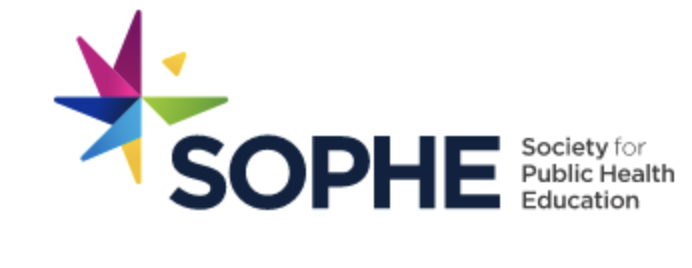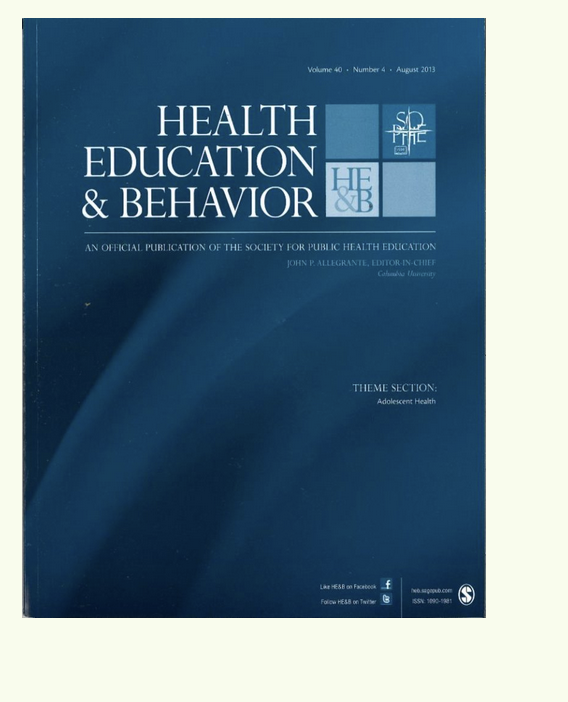https://www.healthtech.com/sartorius-neutralization-mechanisms-of-human-anti-alphavirus-monoclonal-antibodies?mkt_tok=NDgxLVpDRC0yNDQAAAF9lPw9tmbzhM7bLFKxgeOZ-UkN8_OglbmQoITH7qSVtyxzC66CdZc8Auy9bu9HPNFfOWOalooWWoneG9i7isj8dQrkFjuY1ZkFE7OoMPT0Ow
11 am to 12 pm EDT
Webinar Description:
Alphaviruses cause a debilitating arthritogenic or encephalitic disease in humans and can result in millions of cases worldwide. Additionally, the
encephalitic alphaviruses have potential for use as bioterrorism agents. There are no licensed vaccines or antiviral drugs to combat these viruses.
To design therapeutic candidates against alphaviruses, an understanding of the human humoral response is key. Through characterization of human
anti-alphavirus monoclonal antibodies (mAbs) from two survivors of natural Eastern equine encephalitis virus (EEEV), two main mechanisms of neutralization
were identified. Neutralizing E2-specific mAbs potently neutralize EEEV through stabilization of virus particles to inhibit virus entry into host
cells. In contrast, neutralizing E1-specific mAbs inhibit virus egress through recognition of cryptic epitopes on intact virus particles that become
exposed during virus maturation on the surface of infected cells. Both mechanisms of neutralization can protect against subcutaneous or stringent
aerosol challenge. The Octet platform was used to identify distinct antigenic sites recognized by these neutralizing mAbs through epitope binning
to provide a landscape of the human humoral response against alphaviruses, with a special focus on EEEV. Altogether, these studies help inform
rationale vaccine design and identify therapeutic candidates against alphaviruses.
The webinar will walk attendees through the characterization process for the identification of neutralizing antibodies for encephalitic diseases in
humans. The Octet platform is used as a key analytical platform for performing epitope bin that enable the classification of these neutralizing
antibodies.
Learning Objectives:
- Use of Octet platform for epitope binning of panel of human anti-alphavirus mAbs
Speakers:

Lauren E. Williamson, Ph.D.
Staff Scientist, Vanderbilt Vaccine Center
Vanderbilt University
Lauren Williamson is a staff scientist in the Vanderbilt Vaccine Center. She obtained her B.S. from Virginia Polytechnic Institute and State University
in biochemistry and biological sciences with a concentration in microbiology and immunology. Lauren entered Vanderbilt as part of the Interdisciplinary
Graduate Program in 2015 and did her dissertation on the neutralization mechanisms of anti-alphavirus human monoclonal antibodies in Dr. James
E. Crowe, Jr.’s laboratory.

David O. Apiyo, Ph.D.
Manager of Applications Scientist
Sartorius Corporation
David is Senior Manager, Applications at Sartorius, focused on the Octet label-free detection platforms and applications. In this role he leads a team
of Applications Scientists within Sartorius’s Bioanalytics group and is responsible for the strategic direction of Octet applications within various
markets. David started out at as Field Applications Scientist at ForteBio in 2011 before transitioning to the Marketing Applications team in 2015.
Prior to ForteBio and Sartorius, David worked as a Senior Development Scientist, R&D department, at Beckman Coulter where he was involved in
the development and validation of protein and antibody conjugate chemistries amongst other things. David obtained his PhD in Protein Chemistry
from Tulane University, New Orleans, and held several postdoctoral research positions with specialization in structural biology.



